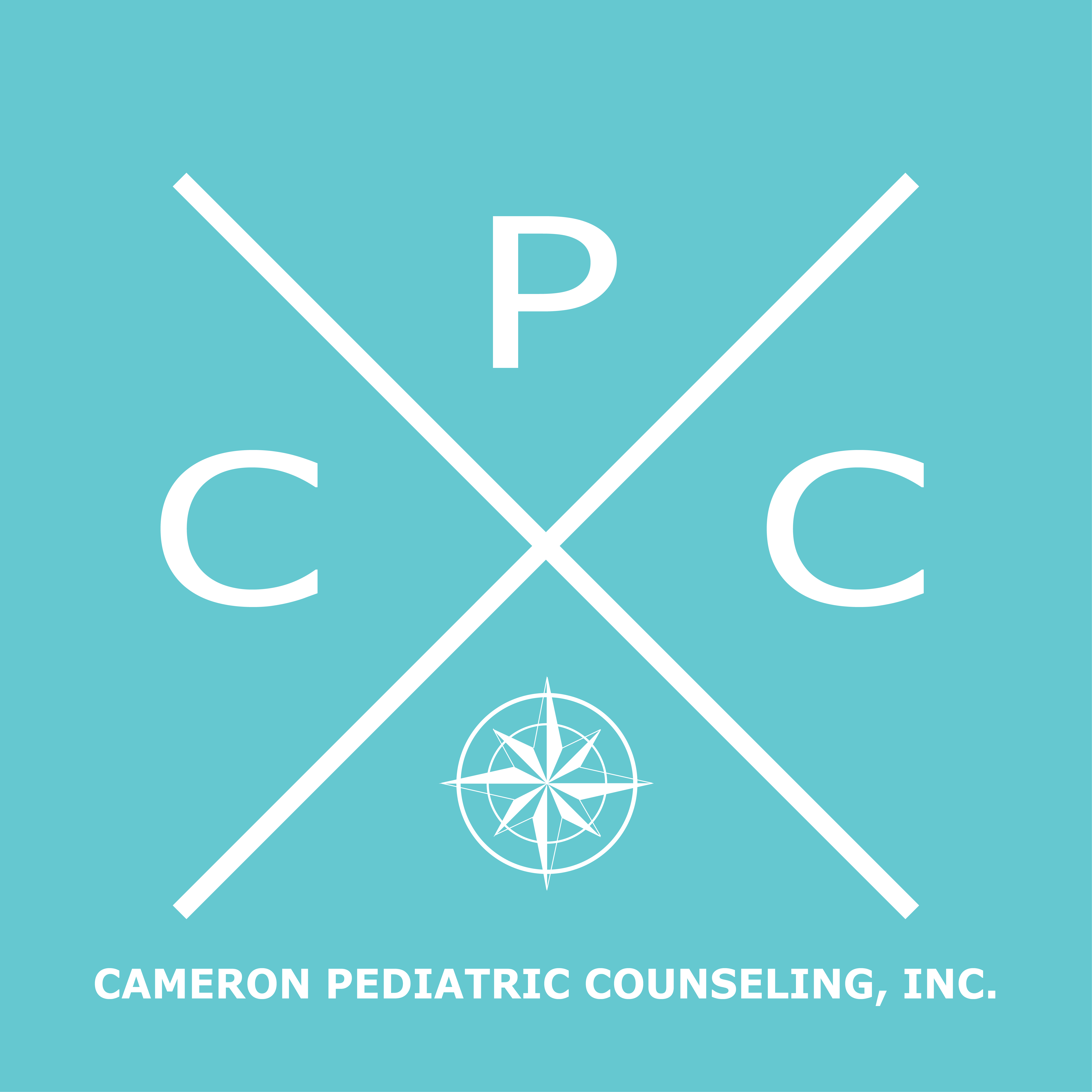Far too often in society, people use their diagnosis to define themselves. Self-labeling is a bad thing, here’s why. We have no perceived negatives such as stigma, prejudice or discrimination, attached to the term “survivor’. We like to think of the diagnosis as a short-hand way of helping describe a general concern or condition; however, it is not the be-all, end-all of that condition. Each disease or disorder presents itself in different ways in different people – especially in children vs. adults. This is why it’s frustrating to see many children and their parents take up a diagnostic label as a new definition of self.

If your child is having symptoms that are out of the ordinary for them or you see extreme mood changes, you should have an assessment completed. Google doesn’t know your child and their unique circumstances, and it doesn’t have all the answers. Bring your child in to Cameron Pediatric for an assessment and let our professional counselors confirm your child’s unique behaviors and help you to identify the most accurate diagnosis.
How you can help your child manage their behaviors and diagnosis:
- Understand that sometimes a diagnosis can change, once we begin treatment together there are times when what was thought to have been a diagnosis, is actually symptoms that lead to something else once we learn more through treatment.
- We don’t want to allow our child or anyone to use a diagnosis as a crutch or excuse. Each individual has unique circumstances surrounding them, don’t allow a diagnosis to affect how you live.
- After learning about and researching your child’s diagnosis (because we all do it), see your kid through your eyes. You know your kid best; do you agree or disagree? Share any concerns you may have with their therapists and doctors.
- You are your kid’s advocate, don’t be afraid to challenge a diagnosis or get a second opinion, if you adamantly believe that it’s wrong.
- A diagnosis is not written in stone, it’s not the end of the world. It is something we can manage, there is a healthy path, and everything is treatable or manageable.
Your child is not their diagnosis, with our professional support, they are learning how to manage their behaviors through this time in their life. The diagnosis does not change who they are as a person, what drives them, or their uniqueness. They deserve better.
